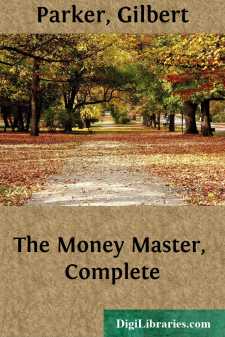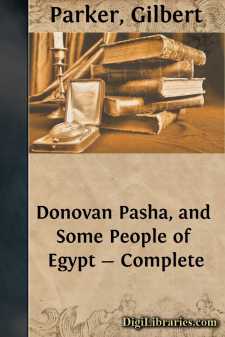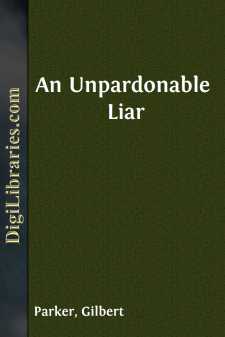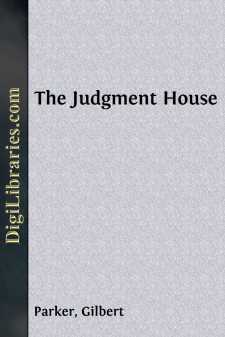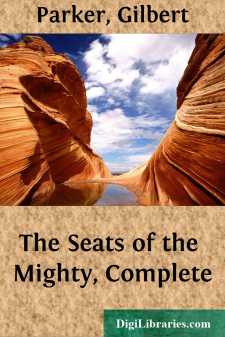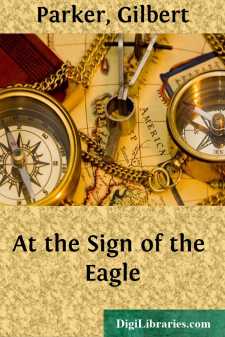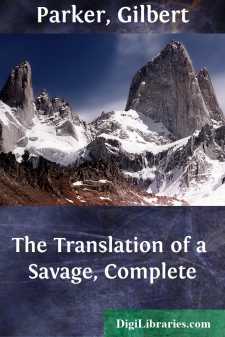Categories
- Antiques & Collectibles 13
- Architecture 36
- Art 48
- Bibles 22
- Biography & Autobiography 813
- Body, Mind & Spirit 142
- Business & Economics 28
- Children's Books 17
- Children's Fiction 14
- Computers 4
- Cooking 94
- Crafts & Hobbies 4
- Drama 346
- Education 46
- Family & Relationships 57
- Fiction 11829
- Games 19
- Gardening 17
- Health & Fitness 34
- History 1377
- House & Home 1
- Humor 147
- Juvenile Fiction 1873
- Juvenile Nonfiction 202
- Language Arts & Disciplines 88
- Law 16
- Literary Collections 686
- Literary Criticism 179
- Mathematics 13
- Medical 41
- Music 40
- Nature 179
- Non-Classifiable 1768
- Performing Arts 7
- Periodicals 1453
- Philosophy 64
- Photography 2
- Poetry 896
- Political Science 203
- Psychology 42
- Reference 154
- Religion 513
- Science 126
- Self-Help 84
- Social Science 81
- Sports & Recreation 34
- Study Aids 3
- Technology & Engineering 59
- Transportation 23
- Travel 463
- True Crime 29
Our website is made possible by displaying online advertisements to our visitors.
Please consider supporting us by disabling your ad blocker.
Pierre and His People, [Tales of the Far North], Complete
by: Gilbert Parker
Description:
Excerpt
So far as my literary work is concerned 'Pierre and His People' may be likened to a new city built upon the ashes of an old one. Let me explain. While I was in Australia I began a series of short stories and sketches of life in Canada which I called 'Pike Pole Sketches on the Madawaska'. A very few of them were published in Australia, and I brought with me to England in 1889 about twenty of them to make into a volume. I told Archibald Forbes, the great war correspondent, of my wish for publication, and asked him if he would mind reading the sketches and stories before I approached a publisher. He immediately consented, and one day I brought him the little brown bag containing the tales.
A few days afterwards there came an invitation to lunch, and I went to Clarence Gate, Regent's Park, to learn what Archibald Forbes thought of my tales. We were quite merry at luncheon, and after luncheon, which for him was a glass of milk and a biscuit, Forbes said to me, "Those stories, Parker—you have the best collection of titles I have ever known." He paused. I understood. To his mind the tales did not live up to their titles. He hastily added, "But I am going to give you a letter of introduction to Macmillan. I may be wrong." My reply was: "You need not give me a letter to Macmillan unless I write and ask you for it."
I took my little brown bag and went back to my comfortable rooms in an old-fashioned square. I sat down before the fire on this bleak winter's night with a couple of years' work on my knee. One by one I glanced through the stories and in some cases read them carefully, and one by one I put them in the fire, and watched them burn. I was heavy at heart, but I felt that Forbes was right, and my own instinct told me that my ideas were better than my performance—and Forbes was right. Nothing was left of the tales; not a shred of paper, not a scrap of writing. They had all gone up the chimney in smoke. There was no self-pity. I had a grim kind of feeling regarding the thing, but I had no regrets, and I have never had any regrets since. I have forgotten most of the titles, and indeed all the stories except one. But Forbes and I were right; of that I am sure.
The next day after the arson I walked for hours where London was busiest. The shop windows fascinated me; they always did; but that day I seemed, subconsciously, to be looking for something. At last I found it. It was a second-hand shop in Covent Garden. In the window there was the uniform of an officer of the time of Wellington, and beside it—the leather coat and fur cap of a trapper of the Hudson's Bay Company! At that window I commenced to build again upon the ashes of last night's fire. Pretty Pierre, the French half-breed, or rather the original of him as I knew him when a child, looked out of the window at me. So I went home, and sitting in front of the fire which had received my manuscript the night before, with a pad upon my knee, I began to write 'The Patrol of the Cypress Hills' which opens 'Pierre and His People'.
The next day was Sunday. I went to service at the Foundling Hospital in Bloomsbury, and while listening superficially to the sermon I was also reading the psalms. I came upon these words, "Free among the Dead like unto them that are wounded and lie in the grave, that are out of remembrance," and this text, which I used in the story 'The Patrol of the Cypress Hills', became, in a sense, the text for all the stories which came after. It seemed to suggest the lives and the end of the lives of the workers of the pioneer world.
So it was that Pierre and His People chiefly concerned those who had been wounded by Fate, and had suffered the robberies of life and time while they did their work in the wide places....


![Pierre and His People, [Tales of the Far North], Complete](https://digilibraries-com.s3.eu-central-1.amazonaws.com/covers/96fa6d84-1d0f-42e5-8755-205d6dafb360.jpg)

